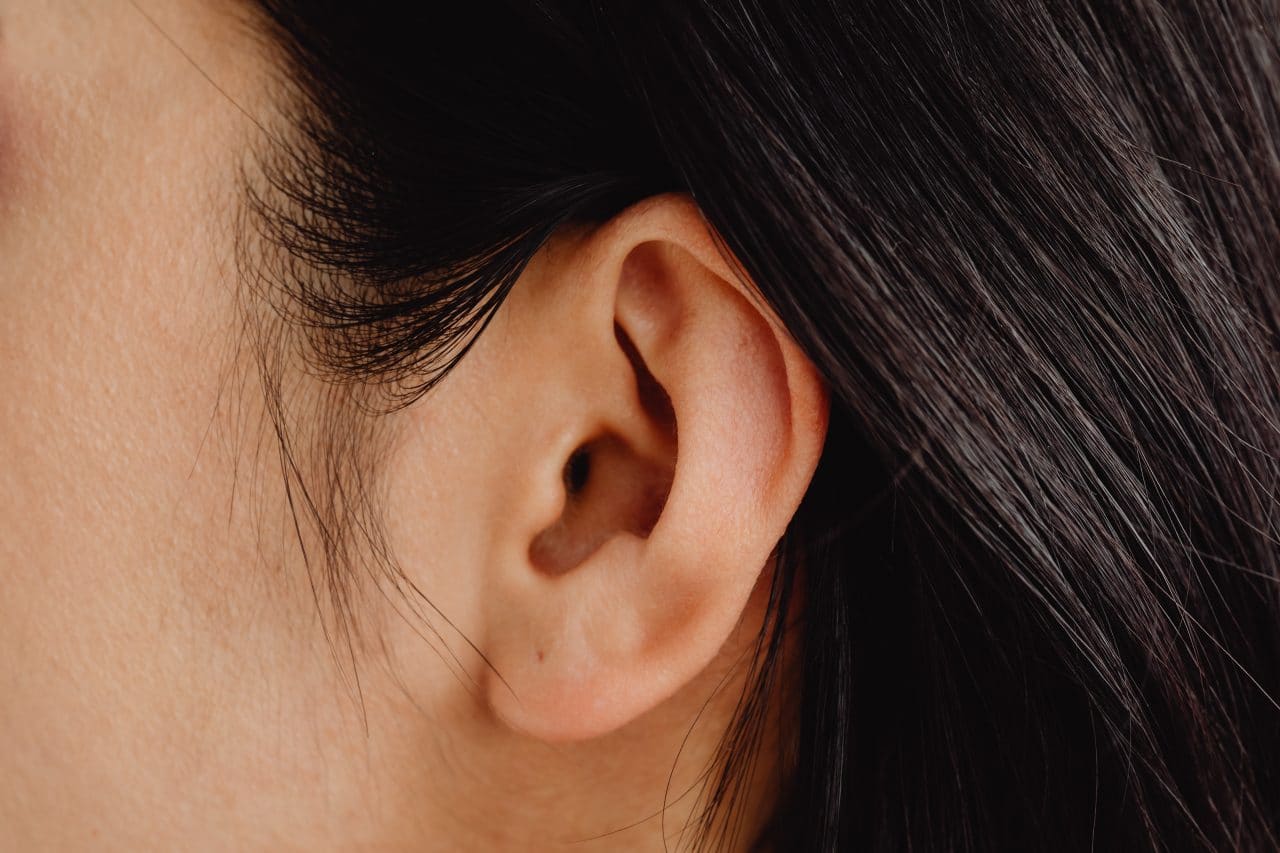Glue ear occurs when your middle ear fills with a thick, glue-like fluid. When it turns into an infection, it is sometimes referred to as otitis media with effusion (OME). It’s important to seek treatment for glue ear symptoms, as left untreated it can lead to problems like hearing loss.
Who Is at Risk for Glue Ear?

Anyone can develop glue ear. However, it’s much more common in small children. This is because their Eustachian tubes are narrower, making them more prone to buildup.
Other risk factors that may make a child more prone to glue ear include:
- A recent cold or other virus
- Seasonal allergies
- Poor air quality
- Exposure to tobacco smoke
Glue Ear Symptoms
Symptoms of glue ear may be hard for parents to notice, especially if it has yet to turn into an infection. If your child has the condition, they may:
- Complain about pressure or pain in their ear
- Speak louder than usual
- Have difficulty hearing what others are saying
- Struggle to hear faint noises or those that are far away
- Turn up the volume extra loud on the TV or tablet
If it has progressed to an infection, your child may experience:
- Significant ear pain
- Fatigue when at daycare or when playing at North Rose Hill Woodlands Park
- Fluid drainage from ear
Glue Ear and Hearing Loss
Left untreated, glue ear can cause permanent hearing damage. According to the National Library of Medicine, OME is one of the most frequent infectious diseases in children and is the most common cause of acquired hearing loss in childhood.
What to Do If Your Child Has Symptoms of Glue Ear
Schedule an examination with your child’s medical provider if they exhibit any symptoms. Most cases of glue ear will clear up on their own in a few months. So, if it turns out your child has glue ear, their doctor may decide to just watch and wait to see if their symptoms improve.
Other treatment options may include:
- Hearing aids for any temporary hearing loss your child may be experiencing.
- Auto-inflation. This involves your child blowing up a balloon using each nostril. It can help open up the Eustachian tubes and allow drainage.
- For severe or persistent cases, their doctor may recommend surgery to remove their adenoids.
If you would like more information or to schedule an appointment, call Evergreen Speech and Hearing Clinic today.